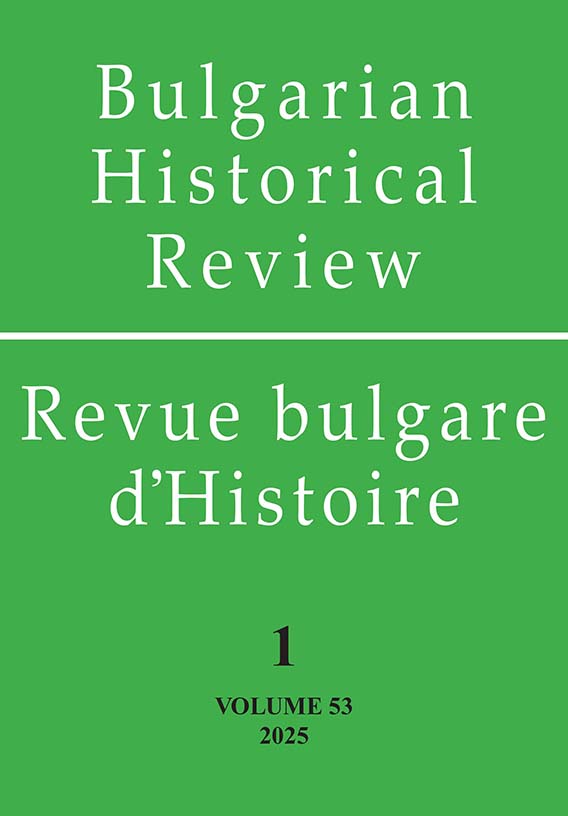The Advancement of Educational and Cultural Flows in Kosovo with the New Constitution of 1974
The Advancement of Educational and Cultural Flows in Kosovo with the New Constitution of 1974
Author(s): Ibrahim Gashi, Donika AvdulliSubject(s): Politics / Political Sciences, Politics, History, Cultural history, Political history, Social history, Recent History (1900 till today), Special Historiographies:, Post-War period (1950 - 1989), Historical revisionism, Inter-Ethnic Relations
Published by: Институт за исторически изследвания - Българска академия на науките
Keywords: constitutional changes; education; culture; academic cooperation; identity;
Summary/Abstract: The establishment of educational institutions in the Autonomous Socialist Province of Kosovo has had a complex trajectory. Immediately after the Second World War, Kosovo received the status of a special district (Oblast) within the framework of the Republic of Serbia. In accordance with this status, primary education in the Albanian language was allowed there. During the 1950s, secondary schools also began to open. The participation of Albanians as the majority community in the province in educational institutions was still very low. The rate of illiteracy among Albanians remained high. Such a situation began to change from the end of the 60s, after the Plenum of Briones (1966) when the interior minister of Yugoslavia, Aleksander Ranković, was eliminated from the top leadership of the country. This event marked the beginning of a more liberal era in the federal leadership in relation to the Provinces of Kosovo and Vojvodina. From 1967 to 1974 began a period of debates for the amendment of the Constitution of Yugoslavia. The new Constitution of Yugoslavia of 1974, among other things, improved the legal position of the provinces, making them representative and constitutive elements of the federation. The new advanced constitutional position paved the way for very dynamic developments in the field of education and culture, as well as in the field of social and economic development. The aim of this paper is to address and analyze the wave of these changes in the field of education and culture in the Albanian language in Kosovo, which can be said to be a delayed renaissance for the Albanians of Kosovo. The topic is developed according to the official documents of Kosovo and is based on historiography, mainly from Kosovo and Albania. Yugoslav and Western authors who dealt with this topic were also consulted.
Journal: Bulgarian Historical Review / Revue Bulgare d'Histoire
- Issue Year: 2025
- Issue No: 1
- Page Range: 145-164
- Page Count: 20
- Language: English
- Content File-PDF

